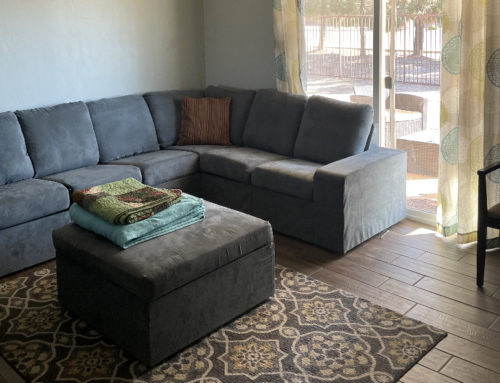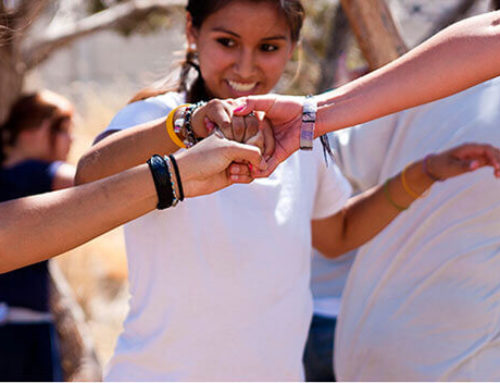Students come to Sunrise with a variety of struggles: anxiety, depression, self-harm, substance abuse, defiance. However, for many of our students all of these issues are related to the same thing- feeling love and belonging. While students learn many things while at Sunrise RTC, the most important thing they learn may be how to build and maintain relationships.
Perhaps the most insidious symptom of a mental health disorder is believing the myth that one is alone in the world, and that one is unworthy of love and care. Feeling deeply alone would make most humans feel depressed or anxious, and lead them to unhealthy coping strategies. Living in an RTC with a warm enriching environment, is a constant reminder that one is loved. For example, an adolescent girl may be used to isolating herself in her room, thus perpetuating her feelings of isolation. Once she gets to Sunrise, she is now exposed to many people and many relationships. The trained staff members are familiar with her struggles, and they deeply understand the loneliness she feels. They serve as experts in sharing care and helping her to see her worth. She may initially struggle with this, as she is used to believing and reacting to the myth that she is not loved. After all, letting yourself be loved is hard, and often scary work. These relationships provide an opportunity for her to be successful in relationships, and build her confidence. They also provide a model for her, so she can learn how healthy relationships work and feel.
Why is being loved scary? I hear from many of our students that connection is the first step toward disconnection. A young girl may say, “If I open up and let people get close to me, then I cannot withstand the fear that comes from the thought of them leaving me. I would rather choose to be alone, than take the risk of being left”. At Sunrise, and other relationship-based residential treatment programs, we address this problem head on. Students learn to build and maintain relationships with peers, staff, teachers, therapists, etc.., in the face of the knowledge that the relationship will end. They know they will eventually leave Sunrise, and return to their homes, sometimes thousands of miles away. Students learn to deal with the vulnerability and emotional risk-taking that is necessary to foster connection. The fact that they know they will one day leave Sunrise, and perhaps never see some friends again, is great practice. Our students learn that support systems change and adapt over time. They learn that it isn’t about keeping every person near you, but about taking your relationships with you.
Students also learn that their relationships with the people they met at Sunrise don’t really end. Sunrise recently hosted an Alumni Event and invited all past students and their parents to come together. We had an evening of great food, and some intense bowling! We also held groups where students quickly began reminiscing about Sunrise, and the people who impacted their life. Many of the students had made efforts to keep in touch with one another. Other students were able to come and pick up where they left off with their friends. As I sat with the students I realized that their ability to make and keep relationships was mirrored in their ability to deal with their emotional and mental health struggles. While Sunrise was no longer their primary support system, it was instrumental in helping these amazing young ladies build and utilize their support systems wherever they go.
– written by Jacob Sparks, LAMFT, Assistant Clinical Director




